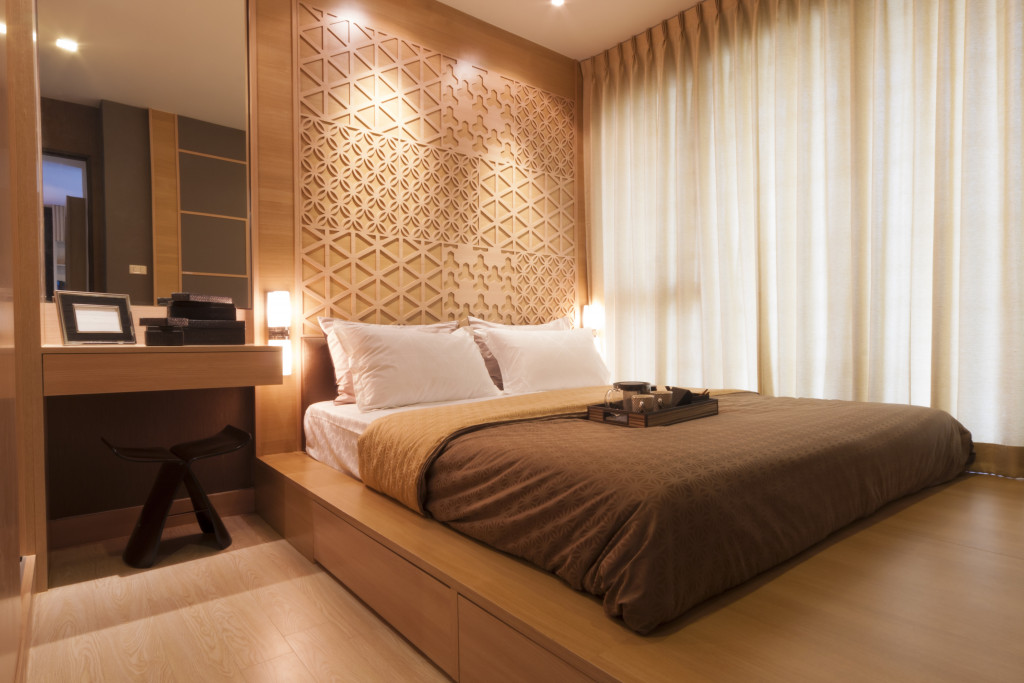Many hotel owners choose to invest their money and time in renovation projects for different reasons. Some aim to improve the guest’s experience, while others think it’s the best way to boost the structure’s energy and thermal performance. In general, hotel renovations are ideal for supporting the health and well-being of everyone in the building and improving its energy efficiency.
For long-time hoteliers, renovation projects are more than just changing out the interior design or replacing worn-out furniture. It’s a strategy to keep the hotel fresh and up to standard. Here are a few steps on how you can prepare for the renovation:
Assess the present situation
Many hotel renovation projects are aesthetically motivated, which usually leads to other important elements being neglected. In creating a renovation plan, assess the overall experience of your guests. This enables you to identify the points that you should improve both functionally and aesthetically.
Share the gathered negative and positive points with your chosen interior design and architect for references. Moreover, don’t forget to also look into the operational aspect of your hotel. Renovation isn’t only for visual improvement but also for achieving ease of service.
Account for the renovation cost
Figuring out the overall cost may depend on several factors, such as the size of the project, the materials and equipment needed, and the contractors you’ll be hiring. On average, a five-star hotel that started with its renovation cycle spends around $8,000 to $12,000 per room. The cost can go up every three to six years. The older your hotel gets, the more costly the improvements will be.
You can take per-room costs as a guide. For example, purchasing a new TV stand, dresser, and table for a room can total from $1,000 up to $5,0000. Spend time to understand the price ranges of per-room renovation before accounting for the overall expense.
Create a project execution plan
It’s not a smart idea to start the work without a proper execution plan. We’re talking about a huge amount of money here, so you need to be careful. To create a good execution procedure, consider the overall budget that came from the architectural office. The money should be allocated to different parts of the project, reinforcing the facilities and the hotel concept.
For instance, your plan should focus on developing an impressive spa facility and experience if you’re running a wellness-oriented hotel. Furthermore, your execution plan should also consider the deliveries of materials and products required for the renovation, especially if they are made to order.

Don’t forget the exterior
Your hotel’s curb appeal is a direct reflection of what guests should expect during their stay. After all, the first impression is crucial for the business. The first thing to focus on is the building façade. Invest in paint coating to hide wall imperfections and boost the value and aesthetic of the structure. This is also a wise idea to improve the protection of your building against weather and ultraviolet damage.
If your hotel maintenance management can do this work, you don’t have to hire a third-party company for the work. All you need is to get the materials and equipment, especially the industrial scaffolding for the project. For safety and protection, find a provider that has proper insurance coverage.
Apart from that, you’d need to invest in a power washer for cleaning and maintaining your parking space and sidewalks around your hotel. Other elements to focus your renovation on are your hotel’s landscape, pool area and grounds, and exterior lighting.
Improve customer service
A hotel renovation isn’t just about improving your facilities and rooms but also about providing a better customer experience. Your hotel’s impressive visuals would be for nothing if you and your staff can’t offer ease of service to the people. Your staff should provide thoughtful and prompt service to guests, from the moment they inquire about a room to the day of the visit. Doing so minimizes disappointments and inconveniences that could ruin your hotel’s reputation.
Teach your staff how to anticipate the needs of guests while getting to know them. Creating connections can make your guests more comfortable sharing feedback about your hotel. Feedback from guests gives you the ability to make the right adjustments to your facility and service.
Renovation projects might require an extensive planning process and a huge amount of money. But in turn, you get to improve your facility’s aesthetic, energy efficiency, and safety. Those things will allow you to attract more guests to stay at the hotel, which means more business.


















